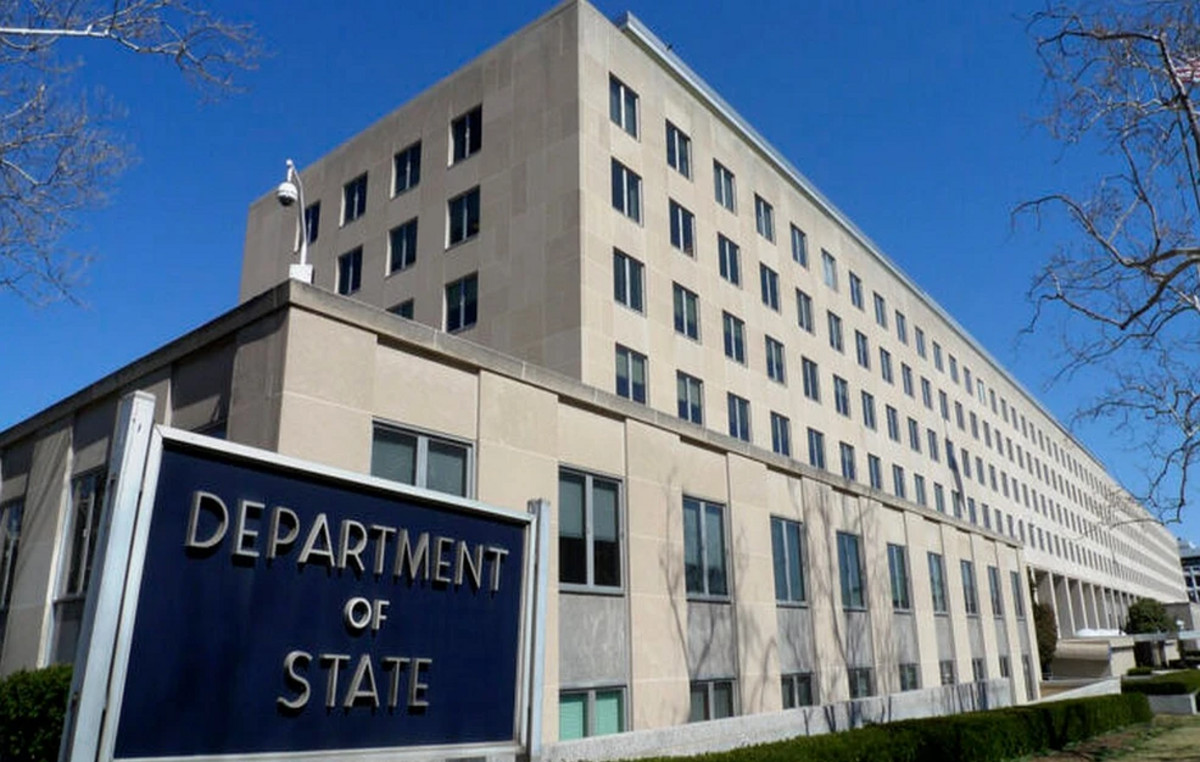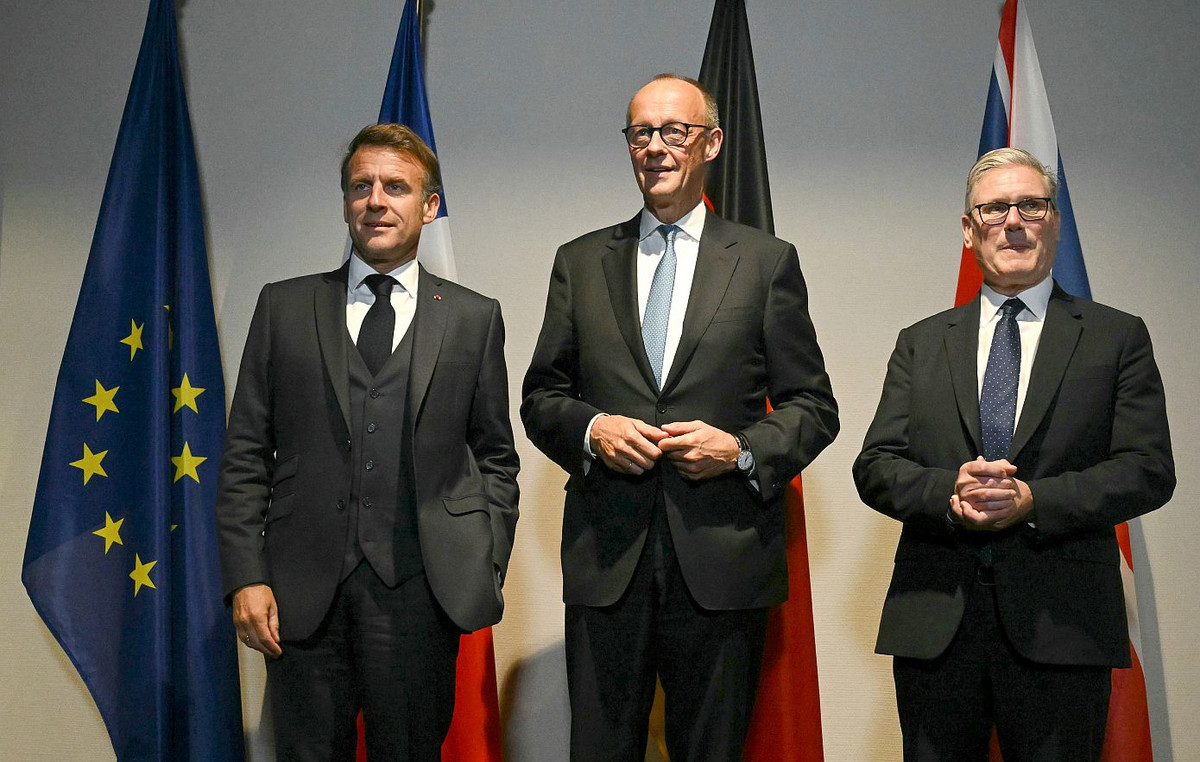The pandemic took R$ 10.6 billion from Brazilian families in 2020, despite the reinforcement coming from emergency measures of financial aid to the population, show data from the Continuous National Household Sample Survey (PNAD Contínua) 2020 – Income of all sources, released by the Brazilian Institute of Geography and Statistics (IBGE).
The payment of emergency aid increased the mass of income in circulation in the North and Northeast regions, but it was not enough to replace all the lost income from work and pensions in the rest of the country.
The mass of average real monthly household income per capita totaled BRL 284.6 billion in 2020, compared to an amount of BRL 295.2 billion in 2019.
More than half (50.7%) of this cake was concentrated in the Southeast, R$ 144.416 billion, although it decreased 5.2% compared to the previous year.
The increases in the mass of income in the North were 3.6% (to R$ 16 437 billion) and in the Northeast were 1.4% (to R$ 50.989 billion), while the South showed the greatest reduction (-5.7 %, to BRL 48.144 billion). In the Midwest, the mass of per capita income was R$ 24.612 billion, down 3.98%.
The richest 10% of Brazilians concentrated 41.6% of the entire mass of income in the country, the equivalent of around R$118.4 billion in the hands of just over 21 million people. The poorest 21 million residents, on the other hand, held only 0.9% of the total sum of income, that is, they shared only R$ 2.56 billion.
The IBGE also emphasizes that the 41.6% of the income mass in the hands of the richest 10% is practically equivalent to the sum of the income of the 80% of the Brazilian population with the lowest incomes (which held 43.0% of the total mass).
Reference: CNN Brasil
I am Sophia william, author of World Stock Market. I have a degree in journalism from the University of Missouri and I have worked as a reporter for several news websites. I have a passion for writing and informing people about the latest news and events happening in the world. I strive to be accurate and unbiased in my reporting, and I hope to provide readers with valuable information that they can use to make informed decisions.







